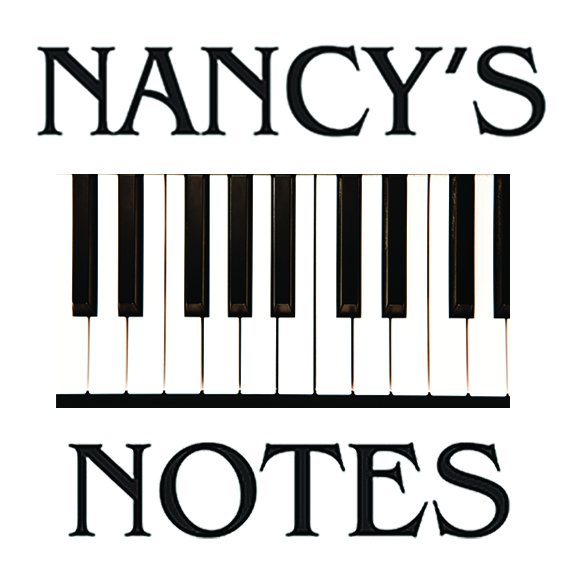Nancy's Notes
And the winner for “Word of the Year” for 2020 is...
All throughout the year just gone by, there was one word that was used seemingly thousands of times a day, in many differing situations, and I would have bet money that “unprecedented” would be the Word of the Year (WOTY). But for Merriam-Webster, their choice for the 2020 WOTY was “pandemic,” and, okay, I get it... the pandemic came first. It wouldn’t have been such an unprecedented year if we hadn’t had the pandemic. Kind of like, which came first: the chicken or the egg?
The lexicographers at Merriam-Webster (MW) say that “language is a measure of culture, but also, in many ways, language can be a measure of time.” With many of the 520 new words added to MW’s dictionary in January 2021 being related, in one way or another, to the pandemic, it’s easy to understand that the pandemic is transforming our world and our language. Many of the 535 new words were entered into the dictionary in April 2020 also showed how fast our language was reacting to the coronavirus.
MW explains that a new word is entered into their dictionary “when evidence shows it in frequent use by many writers.” Usually this process takes a few years, they say; but we have been living in extraordinary times, when a new term enters the language and immediately becomes part of our vocabulary. Such was the case of “COVID-19,” which has the distinction of having gone from coinage to dictionary entry more quickly than any other word — in a mere 34 days.
MW made a special update on March 18, 2020 that included “COVID-19,” as well as other terms that became a part of our daily language. Words such as “social distancing,” “contact tracing,” and “community spread” were commonplace. In April’s regularly-scheduled update, MW included even more terms that had gained significance during the health crisis, such as “self-isolate,” “physical distancing,” “contactless,” “forehead thermometer,” and abbreviations such as “WFH” (working from home), and “PPE” (personal protective equipment). In addition, there were numerous specialized medical words, medicines, and terms under other categories.
Two fun new words in MW’s April upload have the same meaning, just a different twist. The words “zedonk” and “zonkey” were added, both referring to a hybrid between a zebra and donkey. I’m glad MW is keeping our language fun!
As the pandemic continued to rage through all of 2020, in the January 2021 update, MW made other notable additions with new meanings related specifically to the pandemic. I had a personal connection to the new meaning of a “long hauler,” and I’m not talking about driving a semi across the country. The term “long hauler,” as it was used by my husband’s doctor and medical staff, which described my husband as, “a person who experiences one or more long-term effects following initial improvement or recovery from a serious illness, such as COVID-19.” Also, the words “pod” and “bubble” now include new definitions as “a small group of people, such as family members, friends, or coworkers, who isolate themselves closely with one another but with few or no others in order to minimize exposure and reduce the transmission of infection during an outbreak of a contagious disease.”
Also among the 535 new words MW added to the dictionary in January 2021 are words from online communication, new ways of working, politics and the justice system, words about identity, words of comfort, and words looking to the future.
Every year, I enjoy perusing the lists of new words added. Most of the new words will never be included in any of my conversations. But sometimes there are some words that I may try to interject into a conversation, such as the word: “truthiness,” which was introduced by Stephen Colbert in his Comedy Central show, The Colbert Report. It’s a word that has since caught on, and now tells a truth of its own. At a time when truths of various kinds are under siege, and facts and news are put into constant question, apparently we needed “a special word for the kind of unproven and unprovable utterances that don’t measure up to the standards of evidence and research that are required for consensus and understanding.” Thus, we now have the new word... “truthiness.” Hopefully this will help us all keep truth as a word that matters.



